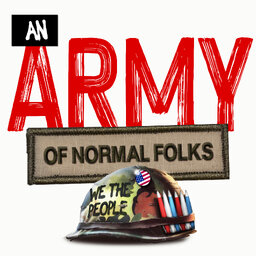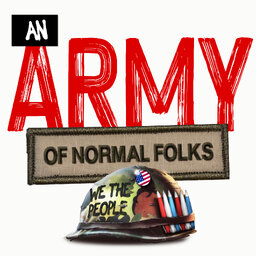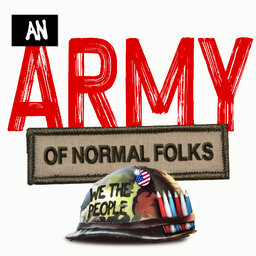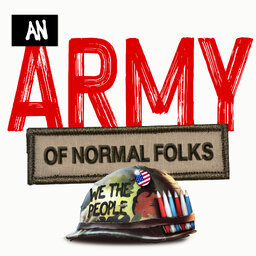The Carpet Capital of The World
75% of the world's carpets and rugs are produced in Dalton, Georgia. For our latest "Shop Talk", Coach Bill tells the community's powerful assimilation story that's made it possible.
In 1 playlist(s)
An Army of Normal Folks
Our country’s problems will never be solved by a bunch of fancy people in nice suits talking big wor…Social links
Follow podcast
Recent clips

How America Lost “We” — And How You Can Help Rebuild It Today
16:17

What If We Stopped Treating People Like Mascots? (Pt 1)
39:18

What If We Stopped Treating People Like Mascots? (Pt 2)
1:00:46
 An Army of Normal Folks
An Army of Normal Folks